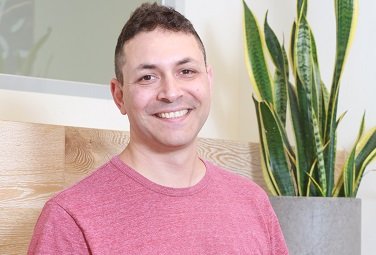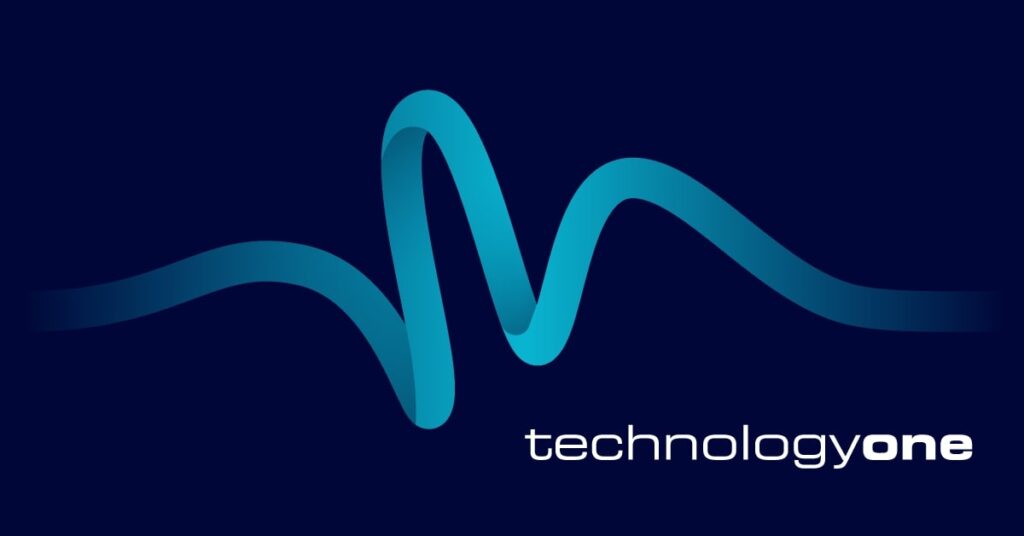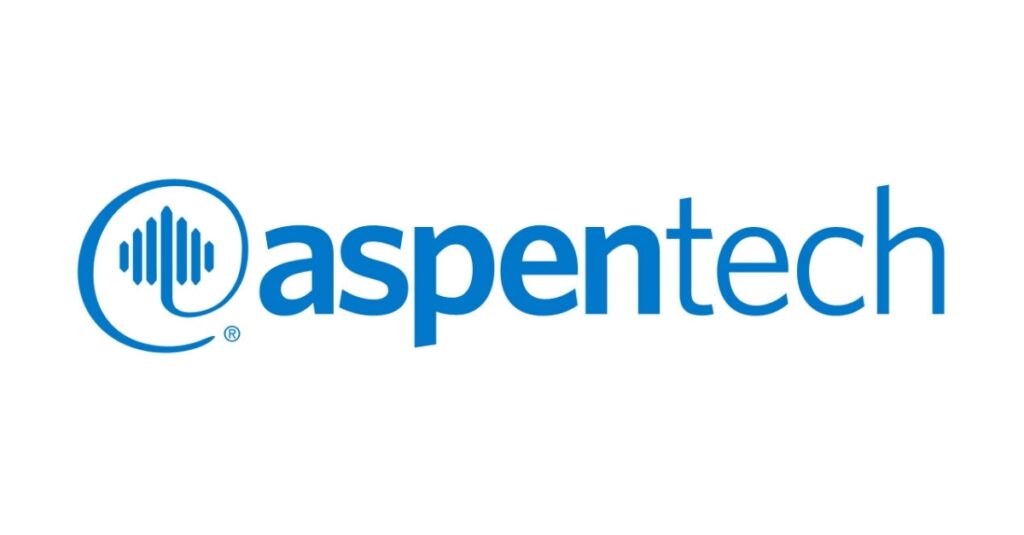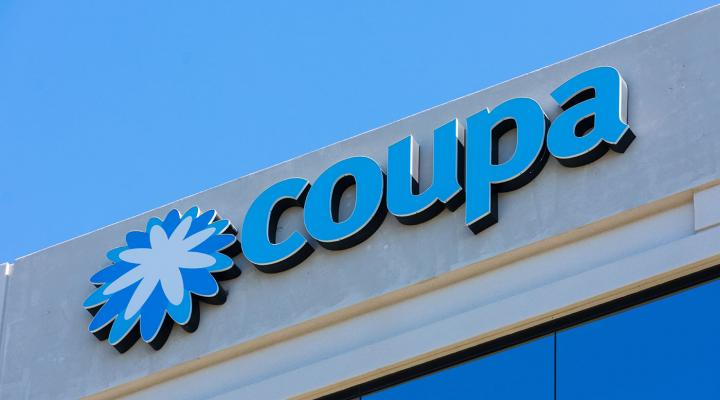Version 1, Assisting Customers In Navigating The Digital-First Environment We Live In.
Version 1 is an Irish company that specializes in providing various kinds of professional and technological services. The company demonstrates how IT can improve customers’ businesses. Global brands rely on this organization to provide IT services and services that enable customers to succeed.
About The Company
Founded in 1996, Version 1 is an Irish business specializing in cloud computing, software development, an international management consulting, and software asset management. The company’s staff of over 2000 committed change-makers works relentlessly to create meaningful changes and impartial advice to assist customers in navigating the fast-evolving Digital-First environment we live in. In 2021, the company had a revenue of over €195 million.
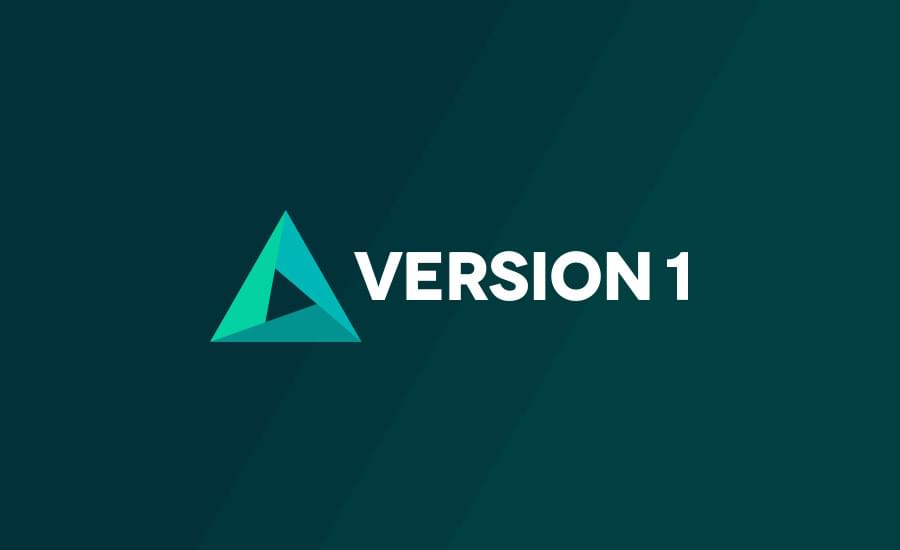
History Of The Company
Version 1 was founded by Justin Keatinge and John Mullen. It was initially headquartered in Dublin, Ireland. Until 2011 the company had more than 150 consultants working for it and had yearly revenues of over €17.5 million. It was also included on the Deloitte Fast 50 list. The company expanded its Northern Ireland branch in 2014 and opened an office in London, United Kingdom. Version 1 was named as one of the best 50 workplaces in Europe after acquiring the UK-based Tieto Corporation. They later acquired UK companies named Patech Solutions and Roccella Group. By the end of the year, they had eight worldwide offices, over 500 consultants, and yearly revenues of €60 million. In 2017, Volpi Capital LLP acquired the majority of shares in Version 1 in a €100 million buyout of the company. With the money from the buyout, Version 1 was able to increase its activities in UK and Europe. After Justin Keatinge, the previous CEO, resigned in 2017, Tom O’Connor was chosen to lead Version 1. Keatinge stayed on the board of Version 1 and is still a significant stakeholder.
In 2018 the company declared an investment of €1 million in its Innovation Labs, whose core focus areas are: IoT, ChatBots, Virtual Reality, Machine Learning, and Augmented Reality. In 2018 the company acquired Cedar Consulting Ltd., an expert in HR Transformation.
OneZeroOne, Version 1’s own podcast, debuted in April 2019. The podcast is a collection of interviews with UK and Irish technology and innovation specialists who share their thoughts, insights, and lessons with listeners. Its six podcast episodes are accessible on Spotify, AudioBoom, Deezer, and other streaming platforms.
Partners
Currently, the company works with Oracle Corporation, Microsoft, and Amazon Web Services as its three primary technological partners. Version 1 has the biggest Oracle competence in the UK and Ireland and has been an Oracle Platinum Partner for Cloud Managed Services. Since 2006, It has been a Gold Microsoft Partner and has collaborated with the software giant. Version 1 is a Premier Consulting Partner in industries like migration, the public sector, and managed services providers. It was amongst the first Amazon Web Services members in Europe.
Founder – Justin Keatinge, John Mullen
Together with John Mullen, Justin Keatinge launched Version 1 in 1996. Through both strategic acquisitions and organic growth, both have guided Version 1 to become one of Western Europe’s fastest-growing providers of IT services.
CEO – Tom O’Connor
Tom O’Connor assumed the position of CEO at Version 1 in 2017 after serving as the company’s Chief Operating Officer for three years. Tom worked as a management consultant for the first several years of his career before holding executive positions with companies like Andersen Consulting. He joined the company in 2001 and quickly assumed a leadership position in several customer engagements. As a result, he helped to ensure the effective completion of numerous high-profile technical and consultancy services projects.

I am a law graduate from NLU Lucknow. I have a flair for creative writing and hence in my free time work as a freelance content writer.
